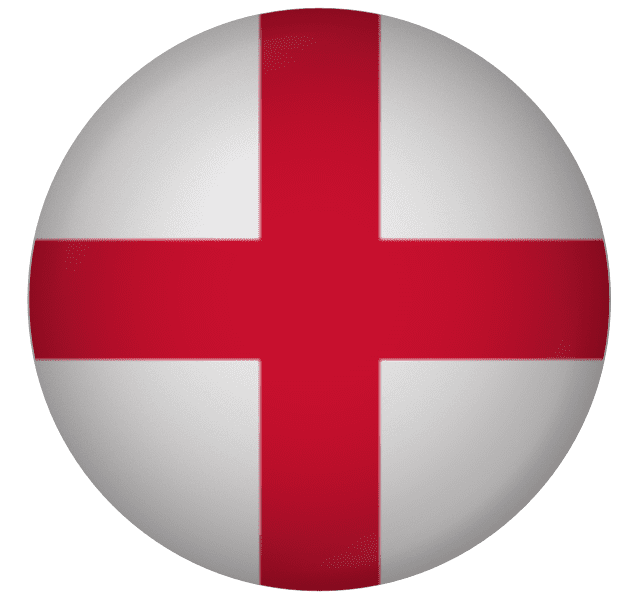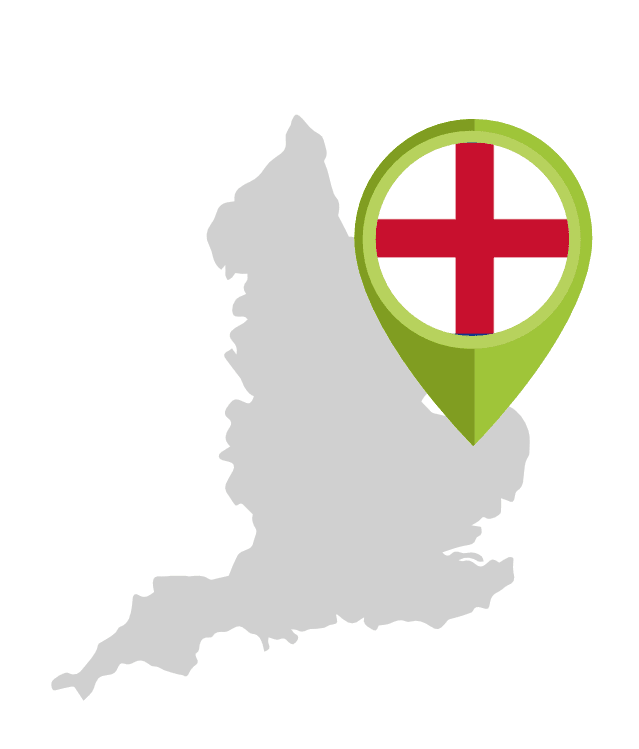The Angles, a Germanic group that arrived in the area between the fifth and sixth centuries, are credited with giving the region its current name, England. Starting with the Age of Discovery in the 15th century, when it was a unified state, it has had a tremendous cultural influence on the rest of the world. The parliamentary system of government, the English language, the Anglican Church, and English law have been adopted by several countries around the world.
Because it is part of the United Kingdom, England is part of a constitutional monarchy with a Westminster-style parliamentary administration. Since the Act of Union of 1707 confirmed the union of England and Scotland, forming the Kingdom of Great Britain, England has remained without a central government. Before the union, England was ruled by a monarch and a parliament. Although other countries within the UK have created their governments, modern England is governed directly by the Parliament of the UK.
It is difficult to distinguish between legitimately Anglican forms and the manifestations of other evangelical organizations inside the Church of England. Some of its congregations’ worship and liturgy have been similar to that of the Western Catholic Church since Vatican II (High Church) (Low Church). The Anglican constitution, however, upholds many conservative theological ideas; its liturgical expression of worship is also quite traditional; and the church is structured around the idea that it is desirable to maintain a conventional episcopal hierarchy of archbishops, bishops, and dioceses.



